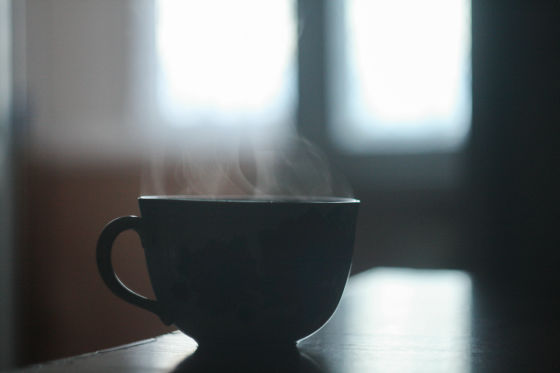Why does my head hurt when I eat ice cream? How can I avoid it?

by Lukas
Ice cream to eat in a room weighed in winter is extraordinary, but " ice cream headache " that Keen and head hurts after vigorously eating ice cream and shaved ice, is actually a term used medically. Why does this ice cream headache happen? Stephanie Goldberg , a neuroscientist and a headache expert at the Tufts Medical Center, explains about it.
What Is Brain Freeze?
https://www.livescience.com/64131-brain-freeze.html
Ice cream headache is formally called "Cold stimulus headache", which refers to the symptoms many people eat cold things regardless of sex and age. Medically, it is not revealed why ice cream headaches will occur. Headache triggers ice cream headache is "temperature", as well as an internal trigger such as "eat cold food in a hurry", as well as external triggers such as leaving without a hat outside the extremely cold headaches. If extremely cold food or air hits the back of the palate or throat, blood vessels and parts of these temperature-sensitive parts will be stimulated.
In a small study published in 2012, researchers at the National University of Ireland Galway and Harvard Medical School deliberately ice cream headache on 13 subjects and observed changes in the body . In this experiment, it was shown that the blood flow of the anterior cerebral artery located in the back of the subject's eyes, the center of the brain suddenly increased, which was thought to be a cause of ice cream headache. Pain may occur because blood vessels contract to try to control the increased blood flow.

by Couleur
"The brain is one of the most important organs in the body and it always needs to move.The brain that is very sensitive to temperature has the function of putting blood into the tissue by dilating the blood vessel, It is thought that it is trying to keep it, "said Jorge Serrador of Harvard Medical School. Inflow of blood itself does not explain ice cream headache, but it seems that there is a possibility that pain may be induced by pressure in the skull. As pressure on the brain increases and temperature rises, researchers think that the blood vessels contract to reduce the pressure so that it does not reach a dangerous level.
Another hypothesis is that the trigeminal nerve, which is one of the cranial nerves, may be activated by cold stimulation. When the trigeminal nerve is activated, the blood vessels in the head momentarily contract and then expand. As a result, it is possible that pain will occur, Goldberg says. When the cold stimulus disappears, the blood vessels return to normal size, so the pain disappears. In either case, because the cause of headache is not in the brain but in the blood vessel, the ice cream headache does not cause permanent damage or threaten our lives.
◆ What is the symptoms of ice cream headache?

by Matteo Vistocco
Symptoms of ice cream headache are as follows.
· Pain quickly occurs when exposed to cold, and pain reaches its peak in about 30 to 60 seconds
· Strong, stinging pain is in the frontal or temporal head · Pain disappears from several seconds to several minutes after the pain begins
Pain in the head, not in the mouth or nose, occurs when cold things pass through the palate, throat and nose, activating the trigeminal nerve, this information is relayed throughout the brain. Normally, the most intense ice cream headache occurs in the forehead, which is spreading to the temporal and occipital regions. Pain at this time may be described as "aching pain" or "stinging pain", but people with migraine may also be described as "beating pain." There are several studies showing that people with migraine tend to have ice cream headaches because there are triglycerides sensitive to trigeminal nerve and trigeminal nerve is easily activated by cold stimulation Mr. Goldberg explains.
♦ How can I prevent ice cream headache?
According to Goldberg, ice cream headache does not require treatment in particular, but on the other hand it is also difficult to prevent. Of course, avoiding cold ice cream can be a preventive method, but there should be few people taking the measure to not eat ice cream to prevent ice cream headaches. As a possible way to eat it, it is shown to eat slowly anyway, and to keep ice cream etc away from the palate. In addition to this, some people recommend drinking warm hot water slowly when ice cream headache begins, or rolling the tongue and heating it to the part sensitive to the temperature of the palate.

Related Posts:







